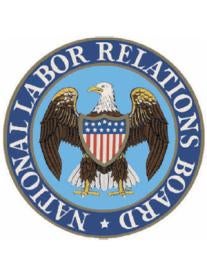Century Fast Foods, Inc. (31-CA-116102; 363 NLRB No. 97) Chatsworth, CA, January 20, 2016.
Applying Murphy Oil USA, Inc., 361 NLRB No. 72 (2014), enf. denied in part, Murphy Oil USA, Inc., v. NLRB, No. 14-60800 (5th Cir. Oct. 26, 2015) and D.R. Horton, Inc., 357 NLRB No. 184 (2012), enf. denied in relevant part 737 F.3d 344 (5th Cir. 2013), a Board panel majority consisting of Chairman Pearce and Member Hirozawa adopted the Administrative Law Judge’s finding that the Respondent violated Section 8(a)(1) of the Act by maintaining an Agreement to Arbitrate (Agreement) that requires employees, as a condition of employment, to use “confidential,” binding arbitration to resolve employment claims. Applying Lutheran Heritage Village–Livonia, 343 NLRB 646, 647 (2004), the Board majority found that employees would reasonably read the Agreement to restrict their Section 7 rights to pursue either class or collective employment claims in all forums including arbitral and judicial. Additionally, the Board majority found that the Respondent unlawfully applied the Agreement by asserting it in a motion to compel individual arbitration. The Board majority rejected the Respondent’s arguments that the Agreement was lawful because it was offered on a voluntary basis and because it included an administrative exemption. Further, the Board majority noted its disagreement with the dissent’s view that Sections 7 and 9(a) of the Act require the Board to permit individual employees prospectively to waive their rights to engage in concerted legal activity. The Board majority also rejected the dissent’s argument that the Respondent’s motion to compel arbitration was protected by the First Amendment’s Petition Clause. Citing U-Haul of California, 347 NLRB 375, 377-378 (2006), enfd. 255 Fed. Appx. 527 (D.C. Cir. 2007), the Board majority next found that the Agreement violated Section 8(a)(1) because employees would reasonably believe it restricts their right to file unfair labor practice charges with the Board. Finally, the Board majority found that the Agreement violated Section 8(a)(1) because the Respondent failed to demonstrate a legitimate and substantial business justification for the Agreement’s confidentiality provision that outweighed the employees’ Section 7 rights.


 i
i


